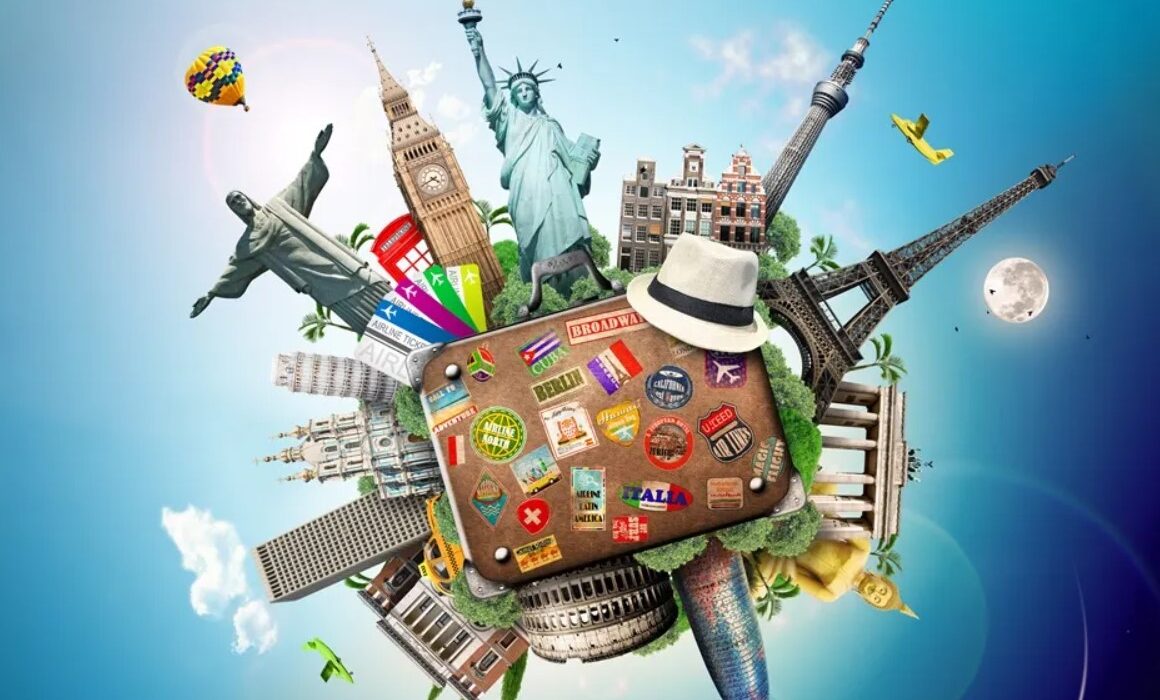Zurab Pololikashvili – WTO Secretary-General
Tourism is a powerful thing. From job creation to cultural connection, it’s a uniting force, and G7 leaders would be wise to harness its power for the benefit of everyone
The G7 summit in Hiroshima comes at a pivotal point for the international community. I have every confidence that, as leaders and as societies, we will choose the right path.

The vulnerabilities of our economies were exposed by the Covid-19 pandemic and its social and economic fallout, and exacerbated by the Russian invasion of Ukraine. The consequences will continue to be felt over the coming years, even decades. If we are to learn the lessons of the past three years and make good on the rhetoric to ‘build back better’, we need to deliver greater resilience and inclusivity. For tourism, that means – before anything else – making ours a sector that provides opportunity for all.
The World Tourism Organization has identified investing in people – including through education and jobs – as among our most important, immediate priorities, where the benefits will be felt far beyond tourism. Without the right people, even the best plans for transforming tourism and our societies will fail. And without providing the right education and professional training, our sector will not deliver on its potential to provide empowerment, including for the world’s women, youth and global communities.
We are on the right path. UNWTO continues to expand our tourism education and training programmes. With Saudi Arabia, we have developed a joint plan to train 100,000 tourism workers by 2030. We have also joined forces with some of the world’s leading education institutions to bridge the gap between what tourism employers need and what employees can offer. In many cases, through UNWTO, people – notably women in developing economies – can take their first steps towards economic independence. Through our Best Tourism Villages Network, we will train 5,000 workers a year in rural communities everywhere, spreading the benefits of tourism wider than ever before.
Essential investment
From governments to businesses and destinations themselves, every part of the diverse tourism sector plays a vital part in creating more and better jobs. Investment in tourism infrastructure and projects is just as essential as investing in people. This year, UNWTO will celebrate World Tourism Day on the theme of ‘Green Investments’. The day will be a call to action for governments and the private sector alike to rethink the entire investment and financing infrastructure so that more money is directed where it can make a difference. Adequate, well-targeted investments can be a game-changer for tourism. They can enable start-ups and entrepreneurs, especially numerous in the tourism sectors of developing economies, to scale up and have a bigger impact. Investments are also vital for accelerating climate ambitions, including progress towards the net-zero sector that UNWTO envisioned when we launched the Glasgow Declaration on Climate Action in Tourism.
Investing in tourism, whether in its people or projects that build resilience or achieve greater sustainability, is a sure bet. This is especially the case for the G7. In 2019, before the pandemic brought the world to a standstill, G7 countries welcomed 368 million international tourists: one in four international tourists visited a G7 country, earning a combined $558 billion in export revenues, or 32% of the world’s total revenues from international travel. However, the huge potential of tourism to drive growth and transformation is not even close to being fulfilled. Encouragingly, tourism is now firmly on the G7 agenda. Now is the time for the world’s leading economies to demonstrate their belief in the power of our sector and provide it with the political and economic support it needs to thrive.
Better metrics
Hand in hand with investing in people and in tourism projects must be a shared commitment to greater transparency and accountability. To manage tourism better, we first need to measure the sector, its impacts and its progress better. UNWTO is again leading the way here. The elaboration of a UN Statistical Framework for Measuring the Sustainability of Tourism will help measure the role of the sector in sustainable development, including in social, environmental and economic areas. MST is among the first global frameworks to measure progress beyond gross domestic product. Robust data enable us to ensure that action on the ground really responds to our broader growth ambitions, allowing us to shape the right policies and inspire innovative business models for better tourism governance.
Japan’s G7 presidency also comes at a pivotal time for the international order. We are all committed to upholding the values that serve as the foundations of this order – freedom, democracy, human rights and, above all, peace. Hiroshima is a poignant, powerful reminder of what is at stake if we fail to stand up for peace. Our sense of solidarity must prevail. When peace does return to Europe, as it surely will, tourism will play an important part as we rebuild those cities, communities and economies devastated by war and foster friendship and understanding among peoples.



